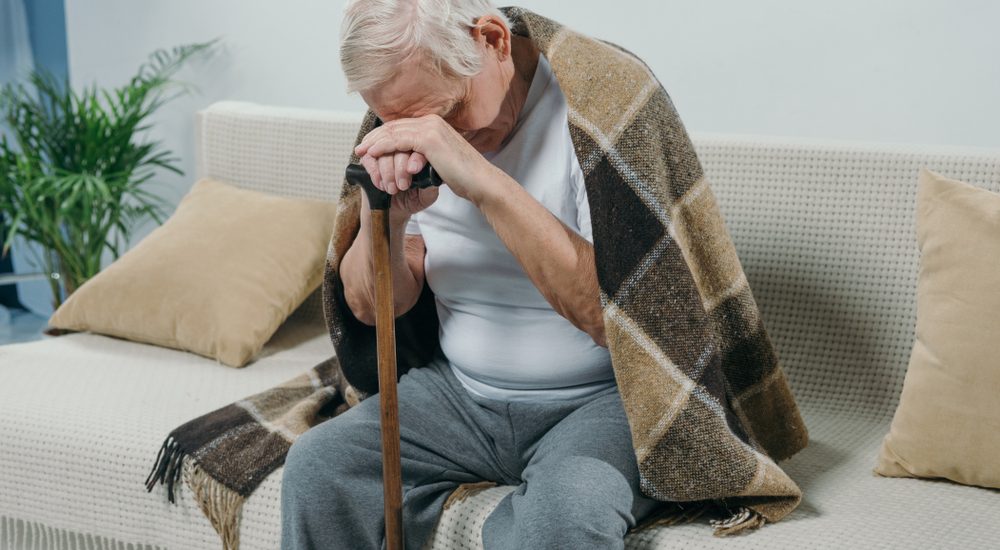Today Ofgem announces the new level of the price cap, which will take effect from 1 January 2024.
National Energy Action Chief Executive Adam Scorer says:
‘Yesterday in the Autumn Statement, there was zero direct support for households struggling with sky-high energy bills. Today Ofgem announces from January those bills will be even higher as typical households will be paying almost £100 more – just after Christmas and as the weather will get even colder. For those already saddled with paying back the £2.6bn of household energy debt or self-disconnecting from energy to avoid that debt it’s devastating and this increase will mean millions will struggle in cold and unsafe homes.’
This comes after yesterday’s Autumn Statement, which had no additional support, despite our new polling with YouGov showing that one in four (26%) of UK adults have found it difficult to afford to pay their energy bills in the past three months. That’s equivalent to 11 million people.
At first glance, it might look like prices are only increasing slightly, but they are not. That’s because Ofgem has just changed how it calculates ‘typical use’. Just three months ago this was a 2-3 bedroom household using 2,900kWh of electricity and 12,000kWh of gas a year. Now it’s based on a household using 2700kwh of electricity and 11500kwh of gas. It’s important to note the price cap isn’t a cap on the total bill but on the price per kWh of energy. There is also a penalty on how you pay with standard credit customers paying more than direct debit customers, and where you live as standing charges vary regionally.
OCT 2021: Typical annual bill £1,272
OCT 2023: Typical annual bill £1,923
JAN 2024: Typical annual bill £1,928 ( based on new ‘typical use’ figures)
JAN 2024: Typical annual bill £2,023 (based on the same ‘typical use’ as Oct 2021)
Adam Scorer continues:
‘Ofgem says the reason for using lower ‘typical usage’ figures is that energy use is lower. For some, this may be because of increasing energy efficiency. However, many of our clients are using less energy because they cannot afford to turn the radiators on, cook a hot meal or have a warm shower. Their homes are no longer comfortable and safe places to be. Many have damp and mould and their physical and mental health are seriously affected. There is still time for the UK government to act, but that time is fast running out.’
National Energy Action will have new polling on the impacts of fuel poverty for its Fuel Poverty Awareness Day on Thursday 30 November. There will also be information on Twitter/X with the hashtag #FuelPovertyAwarenessDay.
Note for journalists: If this goes online please link to www.nea.org.uk/energyhelp. If you put it on Twitter/X or Threads please include @NEA_UKCharity.
NOTES TO EDITORS
- National Energy Action (NEA), is the national fuel poverty charity, working across England, Wales and Northern Ireland, to improve the lives of people in fuel poverty. We directly support people with energy and income maximisation advice, and we advocate on issues such as the current energy crisis and the need to improve the energy efficiency of our homes. See: nea.org.uk/.
- We have an explainer on typical usage figures here: https://www.nea.org.uk/news/tdcv-explainer/
- Polling by YouGov, 2531 adults in the UK on 14 to 15 November 2023. Based on a UK adult population of 44m – extracted from UK Census data at https://www.data.gov.uk/dataset/76bda24c-7793-407c-8430-7cb69039e9b7/average-age-of-the-population-by-ethnicity


